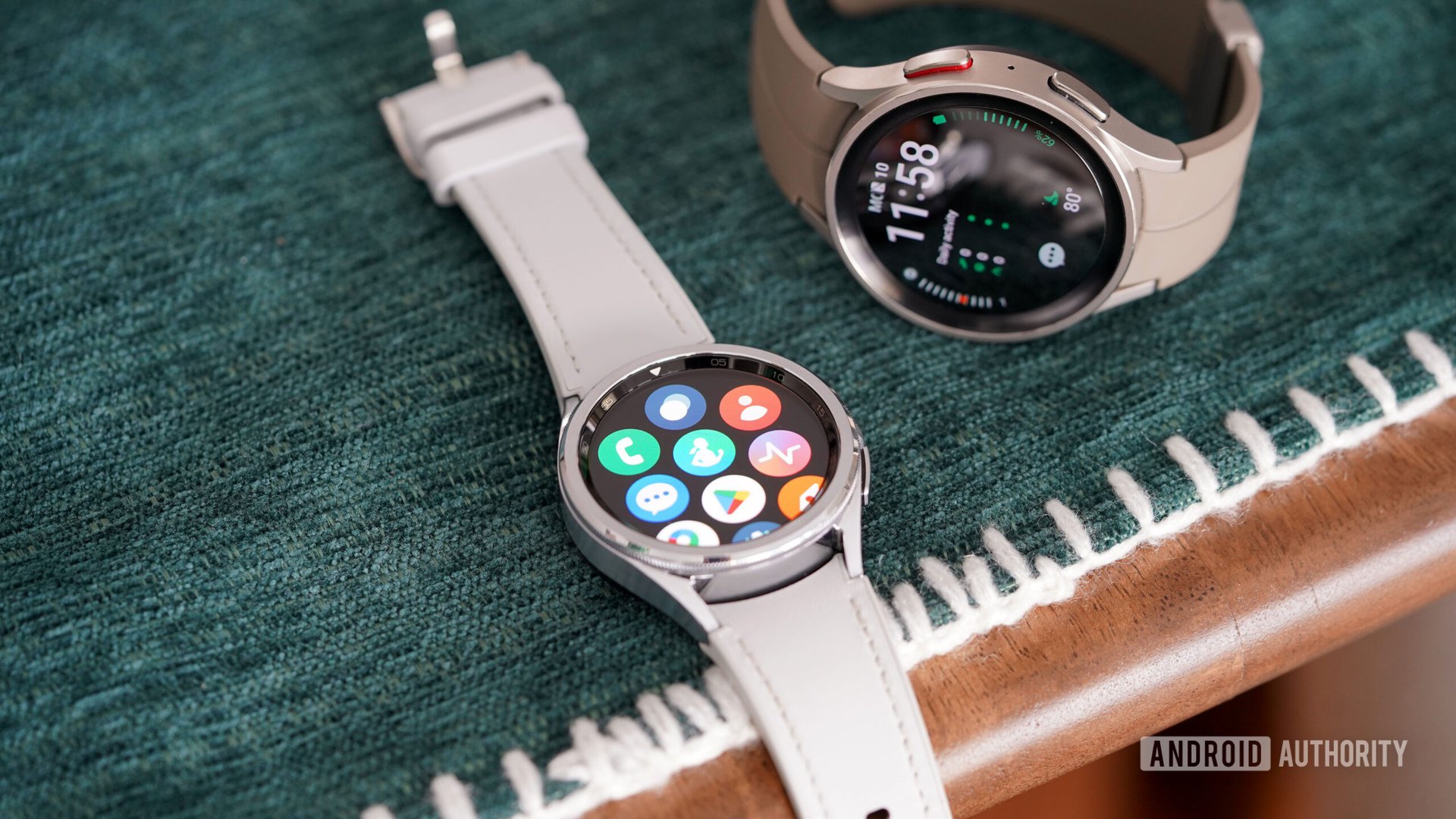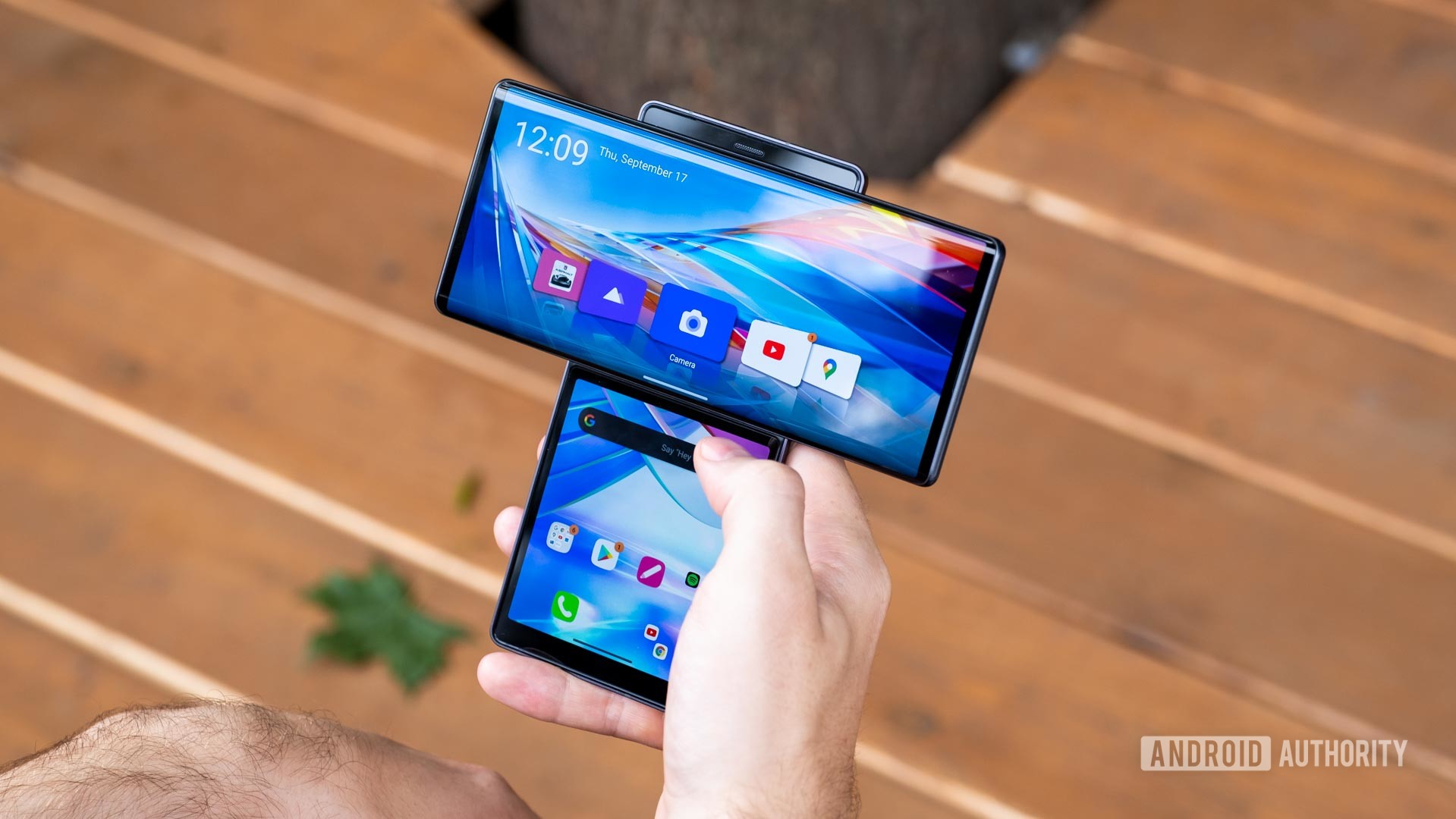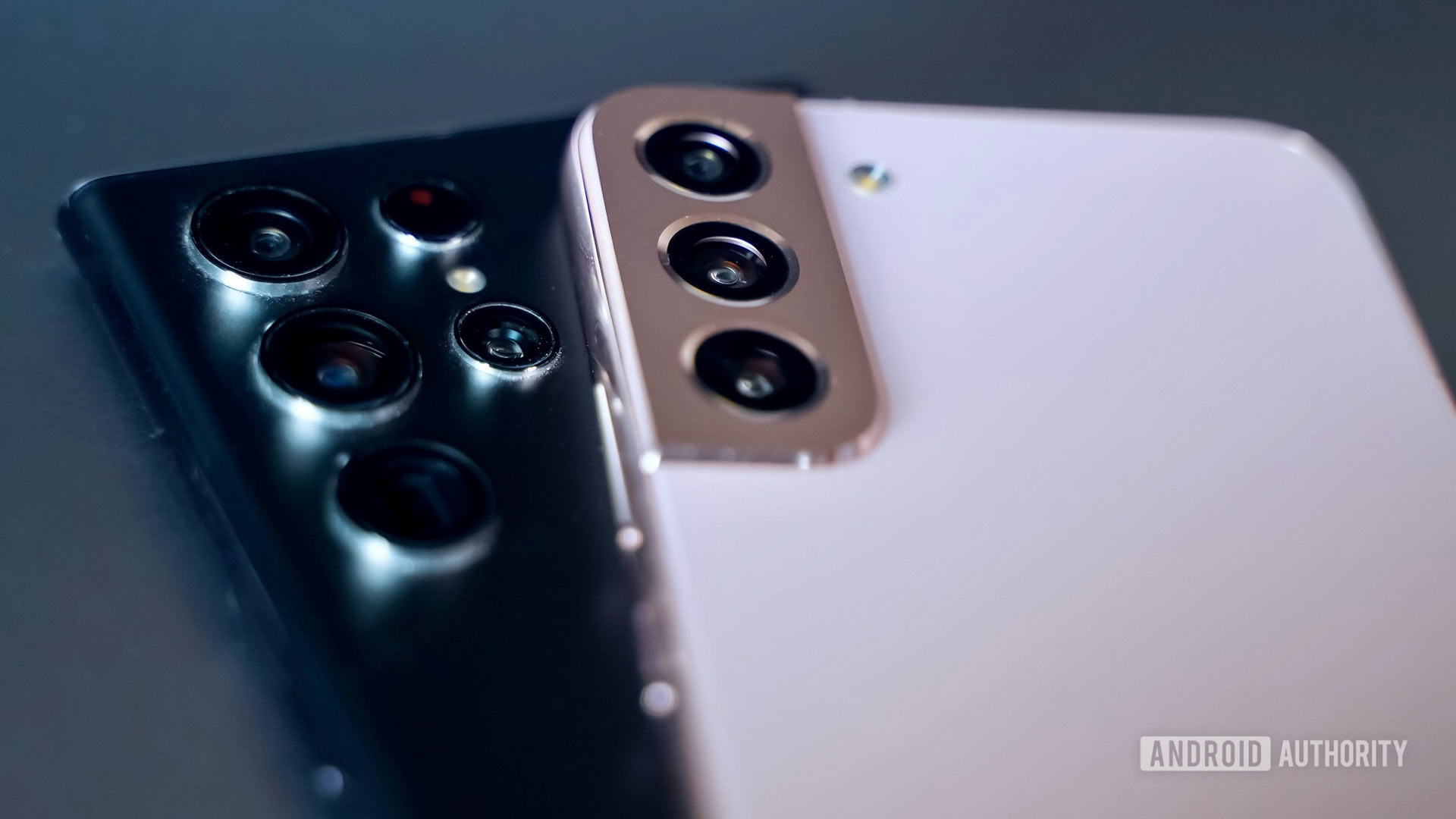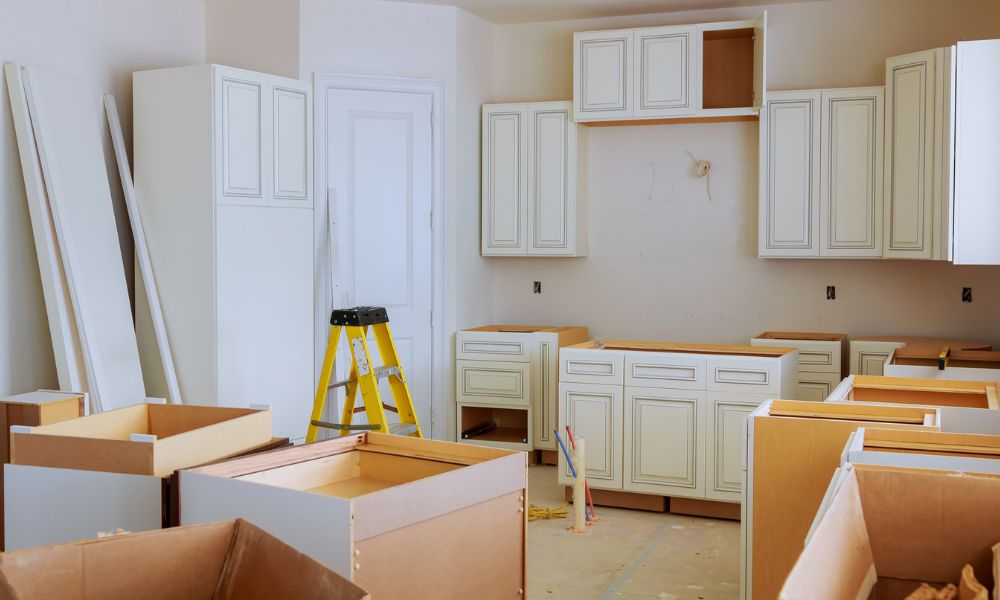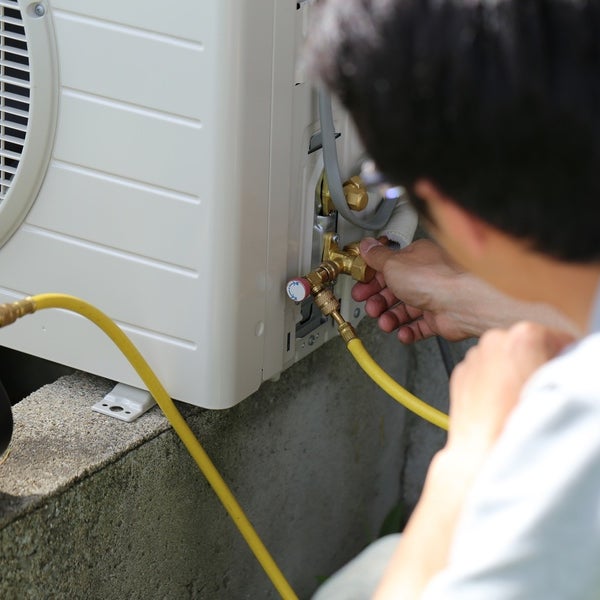How to Impart Your Vision Effectively to a Wedding Photographer
We will explore how to effectively communicate your vision to a wedding photographer in Houston, Texas.
Hiring a wedding photographer is not just checking something off a list; rather, it is enshrining dear moments captured in just the way that one has envisioned them. Open communication is what will determine whether a gallery reflects your aesthetic or strays far off course.
Whether your aesthetic lends itself to fine-art photography, documentary, or vintage romance, setting expectations on the front end helps your photographer understand your style, priorities, and must-haves in the shots. Below, we will explore how to effectively communicate your vision to a wedding photographer in Houston, Texas.
Know What You Want Before the First Meeting
Before meeting with any wedding photographer, invest time in establishing your visual tastes. Scroll through galleries online, look at social media, and pin the images that resonate with your aesthetic. Do you like candid or posed portraits? Light and bright color tones or moody, cinematic flair? Your photographer isn't going to read your mind, so having a prepared selection of reference images serves as a starting point to close the gap between your eyes and theirs.
Don't simply gather photos—analyze them. Determine what precisely resonates with you in every picture: light, composition, angles, or feeling. Then create a quick list of absolute must-haves. These findings are the building blocks of a successful conversation.
Employ Visual Mood Boards and Storylines
Mood boards are probably the best device to turn loose concepts into pictures. Gather a collection of images using the photography tool that reflects the look, color scheme, and atmosphere you're looking for. Organize them into categories—getting ready, ceremony, portraits, and reception—to help the wedding photographer stick to a flawless schedule for your wedding day.
In addition to images, add captions or comments on what you enjoy about each photo. Be specific. A photographer cannot duplicate "I love this shot" unless they know if it is the lighting, composition, or spontaneity that attracts you.
Think about creating a loose timeline or story arc that reflects how you see your wedding day going. This allows your photographer to map out their shots around the moments that are most important to you.
Book a Pre-Wedding Consultation
Don't just depend on phone calls or emails. Arrange a sit-down meeting—or video conference—well in advance of the wedding day. Throughout the consultation, go over your mood board and priorities in real-time. Discuss your venue setup, ceremony timing, lighting levels, and any special traditions that must be documented.
Take this time to get an idea of how the wedding photographer operates. Inquire about their process for working with shot lists, candid photos, and planning out the day. Ensure that you are compatible with aesthetics, work ethic, and responsiveness. This initial connection establishes the standard for future correspondence.
Offer a Comprehensive but Flexible Shot List
Though most experienced wedding photographers go in with an internal checklist of must-haves, it remains helpful to create a customized shot list. Organize moments and individuals that mean the most to you—heritage pieces first looks, or certain visitors you wish to feature.
But don't overwhelm the photographer with a stiff document that constrains their creative vision. Find a balance. A brief, prioritized list assists in directing attention without micromanaging their artistic vision. Talk about how to include must-haves while retaining space for spontaneity.
Share Context About Your Relationship and Story
Great wedding photography surpasses the realm of photography; it is story-telling in its most artistic form. Explore the dynamics of your relationship so that the wedding photographer can appreciate who you are as a couple. How did you two meet? What moments are representative of your journey together? Is there a narrative behind your venue selection, clothing, or decor?
This background enables the photographer to prepare for emotional beats and take more substantial photographs. From subtle glances to inside jokes to common rituals, the personal context makes everyday documentation into richer visual narratives.
Explain Expectations Around Editing Style and Delivery Timeline
Editing is where a photographer's style shines through. Some couples are surprised with the finished images that are different from the rough shots they envisioned. Don't let this happen by discussing editing styles at an early point. Request before-and-after samples to see how your wedding photographer edits pictures with post-processing.
Also, clarify the delivery timelines. How long will it take to receive proofs, final images, and any prints or albums? Will sneak peeks be available shortly after the event? Setting these expectations avoids miscommunication down the road.
Be Honest, But Respect Creative Boundaries
If you are worried about angles, lighting styles, or positioning, let it be known—but tactfully. Most professional wedding photographers welcome constructive criticism when presented in partnership. Do not insist on every detail or presume your method is the only means. Trust is critical.
Follow Up with a Wedding Day Timeline and Point of Contact
Close your communication with a thorough timeline of the wedding day. Specify time blocks, locations, and important participants. This enables your wedding photographer to prepare for transitions, lighting adjustments, and potential delays.
Appoint a point person—such as a maid of honor or planner—to assist in coordinating photos and family members. This avoids interruptions and keeps the photographer focused on recording moments rather than logistics.
The Finale
Connecting your vision to the reality of your wedding day begins with open, two-way communication. With expectations, styles, and priorities aligned, your wedding photographer in Houston, Texas, will be free to do what they do best: create timeless memories telling your unique story.
Share your photography mood board with your wedding photographer as well. With a coordinated idea, both your photo and video crews have a common vision for the imagery of your wedding. With no interference, they can work well together on the day of your wedding.
Most couples miss this important opportunity for coordination between their wedding videographer in Houston, Texas. But it's this shared vision that allows both vendors to seamlessly capture the emotions and visual ambiance of your celebration from all sides.
What's Your Reaction?
 Like
0
Like
0
 Dislike
0
Dislike
0
 Love
0
Love
0
 Funny
0
Funny
0
 Angry
0
Angry
0
 Sad
0
Sad
0
 Wow
0
Wow
0
